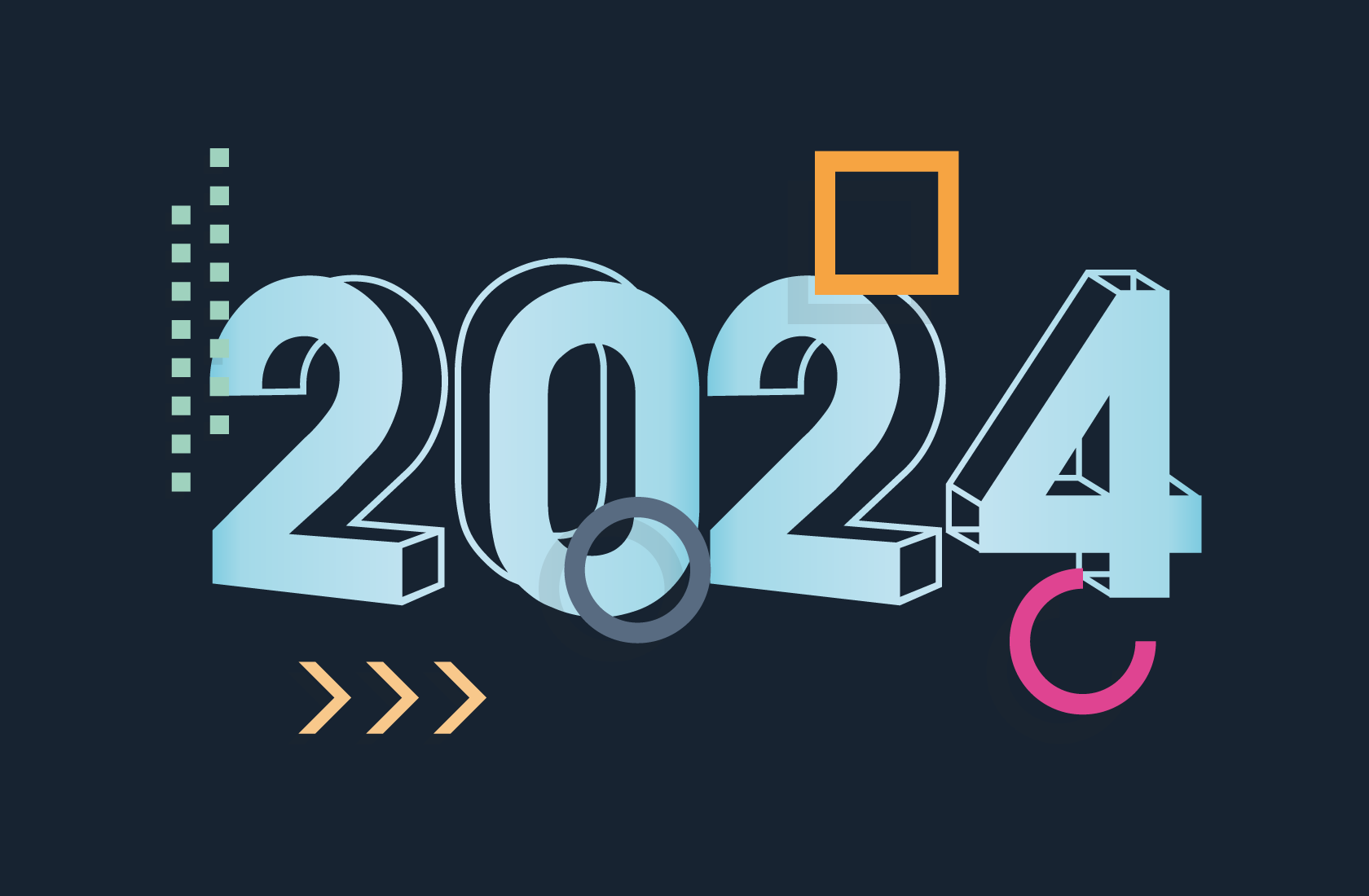The future of KYC in 2024

The landscape of know your customer (KYC) is undergoing dynamic transformation, but what about the future of KYC in 2024?
Continued transformation will be shaped by technological innovations, regulatory shifts, and an unwavering commitment to enhancing customer experiences. In this blog, we delve into the anticipated trends that will define KYC practices in the coming year. From the reimagining of compliance processes, to the role of artificial intelligence. Join us on a journey through the latest developments, and the strategic initiatives that are set to shape the future of KYC in 2024.
The 2024 landscape
A prominent theme from 2023 that is set to continue is the imperative need for KYC automation and effectiveness, particularly in managing volatility. This was certainly evidenced throughout 2023. Additionally, the challenges posed by manual processes have been magnified throughout 2023, prompting financial institutions to seek innovative solutions. Optimizing the data strategy and focusing on relevant attributes have become paramount. Subsequently allowing organizations to navigate the complexities of the financial landscape, while ensuring the best outcomes and minimizing unnecessary workload.
KYC digital profiles are the future of KYC
Automated KYC processes are set to be at the forefront of industry priorities, encompassing external data capture, outreach, and workflow. The drive for digital transformation is expected to intensify, spurred by client demands, regulatory pressures, operational effectiveness, and cost considerations. As a result, technology will play a crucial role in managing the complexity of requirements and working with the limitations of maturing technology. This will necessitate the requirement for a comprehensive focus on the expected outcomes derived from having the right data.
The drive for real-time contextual insight for accurate decision making is made possible with digital KYC profiles. Automating the KYC search procedure to create these digital profiles in real-time, with minimal human involvement provides consistency. Indeed, standardizing KYC data sourcing, retrieval, and collation to build a single view of the customer is paramount for global banks working across several jurisdictions.
Productivity with technology enablement
The goal is to drive a better customer experience by reducing outreach and improving straight through processing (STP) rates. Additionally, companies are aiming to benefit from the increasing completeness of digital KYC profiles, capitalizing on enhanced opportunities resulting from new legislation, such as the UK Economic Crime Act, US Corporate Transparency Act, NY LLC Transparency Act, and the EU Anti-Money Laundering (AML) package.
Boosting productivity with technology enables a reduction in operating expenditure and utilizes talent more effectively. Furthermore, allowing banks to increase KYC effectiveness, scale KYC delivery and adapt to changing risks.
Building a digital ecosystem
Collaboration is anticipated to increase across industry players, including regulators, RegTech providers, and financial institutions. Regulatory sandboxes and proof of concepts are expected to be utilized more extensively to introduce viable solutions to the market. Subsequently addressing the challenges posed by data gaps in existing customer records and the integration of disparate legacy systems and costs of ongoing maintenance.
The role of artificial intelligence
Artificial intelligence (AI) is set to play a greater role in KYC processes to solve specific tasks with predefined rules. Additionally, placing an emphasis on enhancing customer experience by reducing outreach. The use of tools like portals is expected to streamline KYC procedures, marking a significant departure from traditional, labor-intensive methods.
However, it is emphasized that the maximum value of AI and Generative AI (Gen AI) will only be realized if banks have already established robust digital and automated processes, laying the groundwork for optimal data quality and deeper customer insights.
The rise of Gen AI is a noteworthy prediction for 2024. AI and machine learning have been game-changing technologies in many sectors. Now it is the turn of commercial banking. While it will not replace KYC analysts, AI in its various forms is anticipated to accelerate existing processes, empowering analysts to detect financial crime risks more efficiently.
AI already has momentum which appears unstoppable. However, banks should understand and own the risks associated with it. Deploying the newest technologies always demands a progressive approach to adoption, but particularly so with the complexities of KYC.
Greater transformation
Banks can be overwhelmed by the volume of external and internal data. To meet this challenge, they need to develop a laser focus on the data attributes which empirically drive KYC risk rating changes. Technology is pivotal in both the collection and analysis of this data to sort the most relevant attributes.
There will be increased regulation across the globe driven by the political, legal, and economic drivers we have seen. FinTech will present technology driven opportunities which will create options for dealing with complex data sets and making/recommending decisions. We should expect to see a move towards exception-based case reviews by humans, and as a result an increased effectiveness for the delivery of KYC processes.
What to expect for the unexpected
Looking at potential industry curveballs in 2024, the expectation is for more regulations globally, driven by rising geopolitical tensions, legal, and economic factors that increase volatility.
For corporate and commercial banks, adapting to change and leveraging technology for agility is crucial. The removal of access to beneficial ownership registers in 2023 suggests a potential trend towards more regulation and thresholds. Anticipating unexpected changes and being agile in response is advised, with a keen focus on leveraging technology for increased efficiency.
In summary, the future of KYC in 2024, promises to be marked by technological advancements, increased collaboration, and a continued commitment to compliance and customer experience. Financial institutions and entities in this space are gearing up for a transformative year, navigating regulatory changes and leveraging technology to stay agile in an ever-evolving landscape.
Discover corporate digital identity from Encompass
